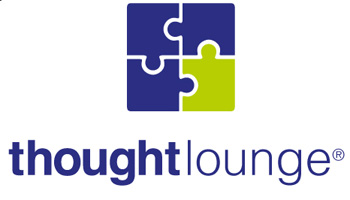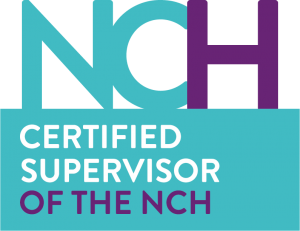The Use Of Language In Therapy

Hello Again,
I hope that everyone is well. I have a number of blogs that I am ready to release but the first one in the queue is this one! It is the main weapon of the coach, therapist or good listener! It is such an important part of everyday life that I thought everyone should be more aware of the power of language in listening and effective communication.
What is a Modal Verb?
A modal verb is defined as an auxiliary verb which expresses the strength of an attitude or belief in someone’s will. That is the likelihood, ability, permission and obligation of the individual. I think that it would be best to provide an example here:
- I am going swimming… (100% commitment)
- I might go swimming… (50% commitment)
- I may go swimming… (50% commitment)
Other modal words are; can; could; would; should; shall; must; will. In the therapy room, and coaching arena, a coach will be listening for the use of certain words and as I mentioned, when you hear these types of words often enough, you realise that there is a varying degree of subconscious commitment to action, this is not great and of course needs exploration.
There are other words (state verbs) of course, for example, wish… or like… words that suggest a desire of course. These words suggest a state that the client desires to get to but considers unable to!
Awareness, Realisation and Insight
Other verbs that I listening out for are words such as; appears; believe; have; need; remember; seems; understand; want; like; mean; suppose; suspect. These have the same real meaning and once spoken, the coach or therapist becomes aware of a client’s moment of realisation. These are all great words if you are wanting for someone to indicate that they are willing to learn and gain from a moment of insight.
What do Coaches Really Want To Hear?
I included the above, just to provide examples of the types of words that are often used in the therapy room or within the coaching context. I could not begin to list every word that any client could use, this blog would, quite literally become the size of the dictionary. Instead, I have provided only a taster into the work of the coach and therapist. Not only am I listening actively for meaning and hidden meanings;I am also listening to the words spoken for the subconscious feelings behind the words. I am also listening out for new insight at the same time – I am sure that sometimes people think that coaches or therapists are merely sitting there with the client saying ‘tell me more about that?’. No, your coach is usually being very busy indeed – taking notes and thinking of connections, themes and of course everything above. Busy busy! What your coach will be seeking at the end is “I will…. or I am…”. The word I shows ownership and the Will and Am shows commitment.
This has been a very brief glimpse into the language world of the coach and therapist but I wanted to share this with everyone to assist with helping and listening day to day. Please, do practice listening and see how you begin to understand more about the person you are listening to.
Good luck and enjoy this new insight.
Best wishes,
Iain





